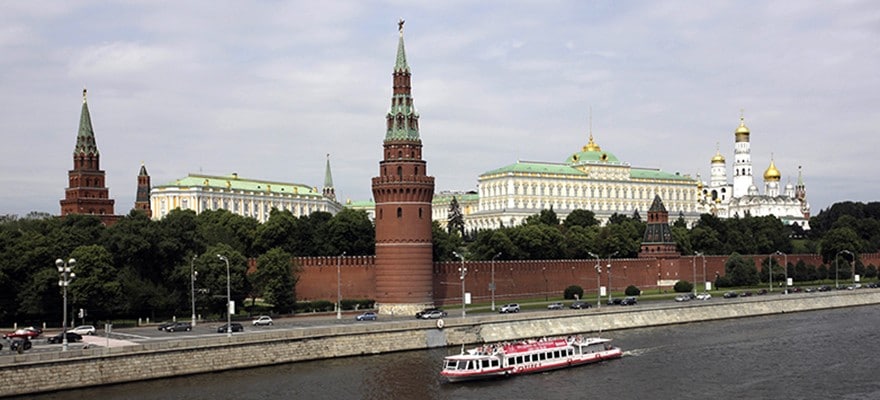Politics / Regulation
Bitcoin used to be very popular in Russia, perhaps due to it being one of the cheapest ways to send money overseas without using a bank. Due to currency controls, transferring funds overseas from Russia can be costly. The country used to be home to many miners as well, with many of BitFury’s first generation chips sent to and used within Russia. Operational costs for mining are low in the country, due to the availability of cheap electricity and abundance of affordable commercial property. Russian banks were even allowing bitcoin businesses to open accounts; there were plenty of exchanges and local agents operating across the country.
However, when the government realised the potential of bitcoin in the remittance space, their attitude towards the cryptocurrency began to change. Bitcoin gave users the ability to send money overseas, bypassing state currency controls. On top of this, transfers using the Bitcoin network were very cheap – significantly cheaper than traditional ‘grey schemes’ that can be tracked and controlled. Many people expected the monetary regulators to begin attempts to block the new technology. The process started when most Bitcoin companies operating in the country lost their bank accounts, which significantly impaired their ability to conduct further business. After this, many Bitcoin websites were blocked, with a number of exchange websites and media agencies rendered inaccessible after Roskomnadzor added them to a blacklist.
Nevertheless, there is no direct ban on bitcoins in Russia. The Central Bank’s’ statement, which started the campaign against bitcoin in Russia, was simply a recommendation for banks to avoid serving bitcoin businesses. It’s not a law, but a recommendation. The same applies to the recently discussed law, which was meant to ban bitcoins and other virtual currencies, but never came into effect.
In summary, bitcoin is not formally banned in Russia, but official usage of the cryptocurrency is not welcomed by any government or state regulator. If any business is accepting bitcoins, or making payouts in bitcoins officially, then there would likely be problems. This does not necessarily mean fines or any serious action, but meetings with the local attorney from the financial crime enforcement department of the police is very likely.
Exchanges and users
So where are users getting their bitcoins? The simple answer is BTC-e. This is the largest bitcoin exchange servicing the country, with many services concentrated around it. First and foremost, there is no need to verify your identity if you are depositing money without using a bank transfer. On top of this, you can anonymously transfer your balance to any other BTC-e user, providing users with a straightforward money transfer system.
This has resulted in a lot of small services that have a balance on BTC-e and will trade solely with users willing to deposit or withdraw funds from the exchange itself. Most of the services are fully automated, allowing users to buy bitcoins in many different ways. This can range from using one of many different varieties of e-money to international bank transfers, or even physical exchanges of cash in person. There are hundreds of these services over the Russian internet with BTC-e providing the central infrastructure for the companies.
But who are the end users? This is very hard to tell due to the high anonymity of users. Many webmasters and MLM schemes are processing bitcoins for payouts in Russia. Additionally, due to the high level of anonymity afforded by the cryptocurrency, bitcoin is replacing several popular services like WebMoney.
Due to the unreliable regulatory situation, many users just avoid engaging with Bitcoin. This is likely why almost no businesses accept bitcoins in Russia. Only people engaged in cross-border trading and cross-border payments tend to be active users of bitcoins…and more than likely some individuals involved with money laundering, but this is a topic for another article!
New initiatives
Nevertheless, new developments can always happen. The CEO of the largest bank in Russia, German Gref, has made a number of comments about bitcoin which have made the news – he thinks that it’s better to regulate bitcoins than to ban the alternative currency altogether. As well as this, QIWI, the largest payment processing company in Russia, has suggested the introduction of a local BitRouble cryptocurrency. QIWI is a very influential company and perhaps if they join forces with Mr. Gref, they could succeed in pushing to allow bitcoins (or bitroubles) to gain greater traction in Russia.





Be First to Comment